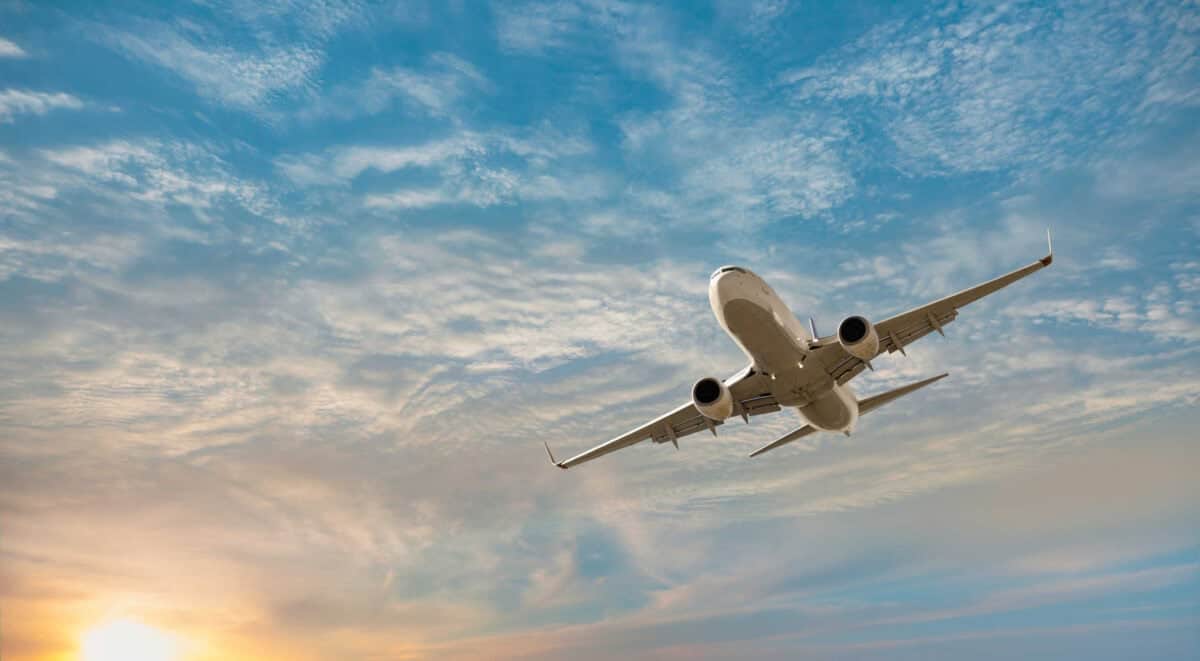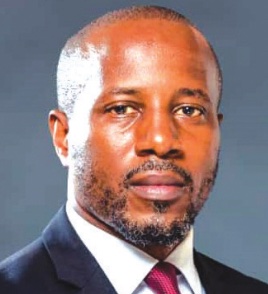
The state-owned entity in charge of air traffic control and aviation navigation services paid its senior executives more than R130 million over the past two years.
This is despite the fact that it failed to update crucial instrument flight procedures, resulting in them being suspended and costing airlines millions because flights have to be diverted for safety reasons in bad weather.
Air Traffic and Navigation Services (ATNS) faces renewed scrutiny over millions paid in performance bonuses to staff and executives while the organisation continues to struggle with suspended flight procedures, staffing shortages, ageing equipment and mounting operational delays that negatively impact every major airline in South Africa.
ATNS paid R130 million in executive bonuses
Financial statements show that ATNS paid performance bonuses of about R70 million last year, and just under R60 million this year.
Just under R5 million of this was paid directly to senior executives this year.
ALSO READ: Union slams FlySafair for ‘bad faith’ talks
Industry sources say the bonuses represented roughly three-quarters of pre-tax profit each year.
Salary adjustments for 2025 indicate air traffic controllers reportedly received increases of 9.3%, technicians 6.3% and administrative staff 5.3%. Controllers also received retention packages in the previous financial year.
These gratuities were paid to executives during the same period that over 200 instrument flight procedures were suspended. Many of these procedures remain out of service and airlines said the operational impact and resulting costs have been significant.
Suspensions affect approach stability, fuel burn, schedule predictability
The suspensions affect approach stability, fuel burn, schedule predictability, plus the ability to maintain safer operations in poor weather.
Airlines Association of Southern Africa CEO Aaron Munetsi said last month the situation had turned into far more than an inconvenience.
ALSO READ: FlySafair B-BBEE deal could tighten state grip on skies
“The failure to design, manage and maintain airspace needs to be seen for what it is – an economic disaster,” he said.
Munetsi also criticised the slow pace at which approval renewals were being processed, noting that the industry was carrying the operational burden.
South Africa’s air traffic and aviation systems needed to move away from manual and analogue processes to secure, modern digital systems to reduce risk and improve efficiency, he said.
State of ATNS doesn’t justify bonuses – Outa
Organisation Undoing Tax Abuse chief executive Wayne Duvenage asked how bonuses could have been approved in the circumstances.
“The state of the organisation does not justify the incentive payments that management have awarded themselves,” Duvenage said.
ALSO READ: End of an orange era as Mango’s wings get final clip
“The only people who may have deserved a bonus are junior staff who continued to work under pressure in a system that is not functioning as it should.”
This pattern was common in state-owned entities, where bonuses appear to be paid regardless of operational performance, he added.
The Board of Airline Representatives of South Africa has called for clarity on the bonus decisions. Chief executive George Mothema said incentives must reflect actual service delivery.
Incentives must reflect actual service delivery
“Tariff-funded entities must demonstrate accountability and transparency,” he said.
“Performance rewards should be aligned to outcomes that reflect operational reliability.”
ALSO READ: SA targets 42 million passengers through airports by 2029 [VIDEO]
Department of transport spokesperson Collen Msibi said the minister receives updates from ATNS and expects the board to hold management accountable.
On bonuses, Msibi relayed ATNS’ position that no bonuses were paid in 2025, and that, when bonuses are paid, they are based on key performance indicators.
“The payment of bonuses is not related to any operational challenges we have faced,” ATNS said.
“They are paid when KPIs have been satisfactorily achieved.”
Industry associations collectively indicated they would continue monitoring ATNS.
NOW READ: Plane carrying nearly 50 crashes in Russia’s far east



